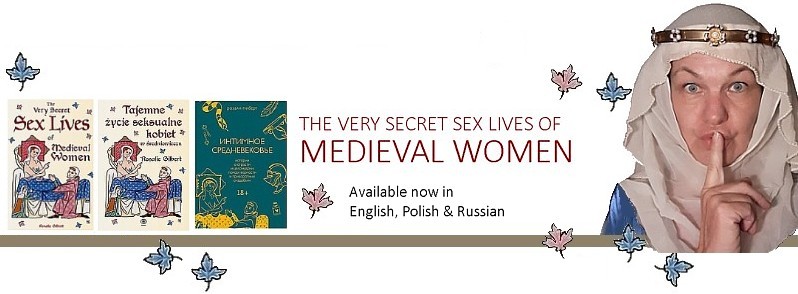Dust me off!
21 November 2022 11:53 pm
Look, I know we are all sick of hearing about it, but by now we all understand the challenges I've faced with publishing and the front cover of my book. This week I had dealings with a venue which was hoping to sell my book over the course of a medieval event, but, in an exceptionally tactless way, informed me that they felt the cover was (and I quote) "A bit on the nose" and that it wasn't suitable for a family-friendly festival in their gift shop.
I completely understand that the original cover screams SEX in large, unwieldy letters, which is one of the reasons I printed a dust jacket. That and the nipple censorship thing, of course.
The venue was not particularly happy with the dust jacket either, so with an extremely limited time frame, I got this one off to the printer for a new dust jacket. The venue conceded that this one was (and again, I quote) "A bit better." They insist that the book be wrapped somehow so it can't be perused by potential customers. I really would have just given it all a solid miss for the way they feel, except for the fact that they are actually potentially interested in stocking my book all year round.
Anyway, I'm now waiting for these to arrive, so I can trim them and wrap the books with their new "bit better, less on the nose" jackets.








